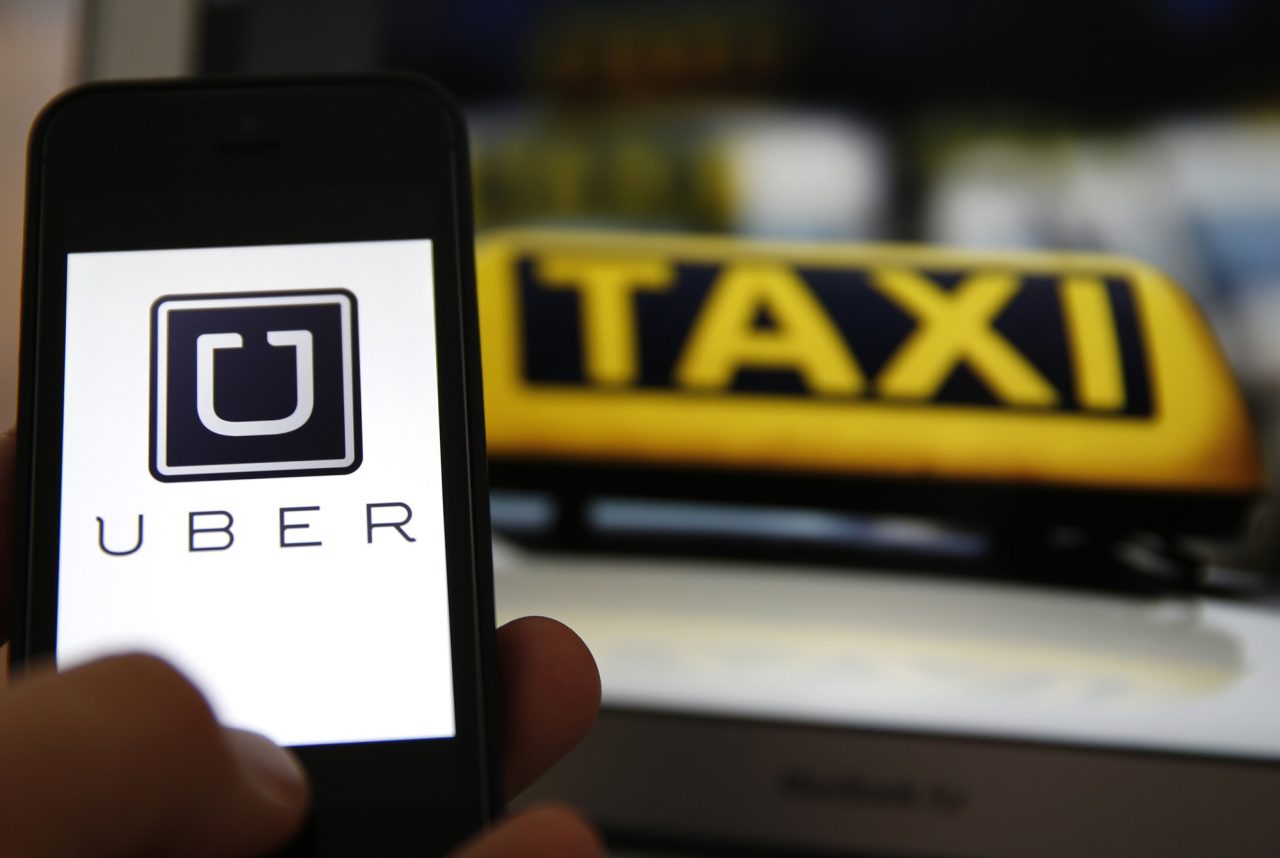Uber has started testing self-driving cars in the US. Announcing the development, company sources revealed that they are making use of a hybrid Ford Fusion as part of testing for the Advanced Technologies Center (ATC) in Pittsburgh.
According to Uber, the company is committed to manufacturing and deploy fault tolerant vehicle for the consumers. Hence, real-world testing is of great importance so that they can accumulate feedback from various sources and incorporate them into the final product.
Capable of saving millions of lives, self-driving cars have the capability to improve the quality of life for people around the world.
A hybrid Ford Fusion will be the base of testing
The main aim of the testing process is to not only collect mapping data, but also explore the potential of driverless technology. The company has arranged to test the self-driving Ford Fusion in Pittsburgh over the next few weeks.
Commenting on the self-driving car, Uber CEO Travis Kalanick disclosed that the upcoming technology could make the world a much better place. However, he declined to comment when asked about the potential loss of jobs as a result of this technology.
It is expected that around 200,000 drivers would be affected and lose jobs in the U.S. alone, if all the existing vehicles are converted into self-driving cars.
The move from Uber assumes great significance in the aftermath of reports that popular manufacturers like GM and Lyft are planning to test drive a series of autonomous taxis on public roads from 2017 onwards.
200,000 drivers to become unemployed due to this move
Even though Uber is scheduled to test drive the self-driving car, it will take several years for them to actually release the cars, since they want to fulfil several regulatory laws and advancements in technology.
However, Thilo Koslowski, who works at Gartner, revealed that it will take some time before the new technology comes into force. Moreover, consumers should be aware of how to use self-driving cars, otherwise, it will be double the risk for both Uber and consumers.
Koslowski told a leading news portal that it is not feasible for self-driving cars to replace conventional commercial transportation, so there is no need for drivers to be concerned about this change. If at all implemented, there will be drivers inside the cars to assist consumers for a safer ride.


